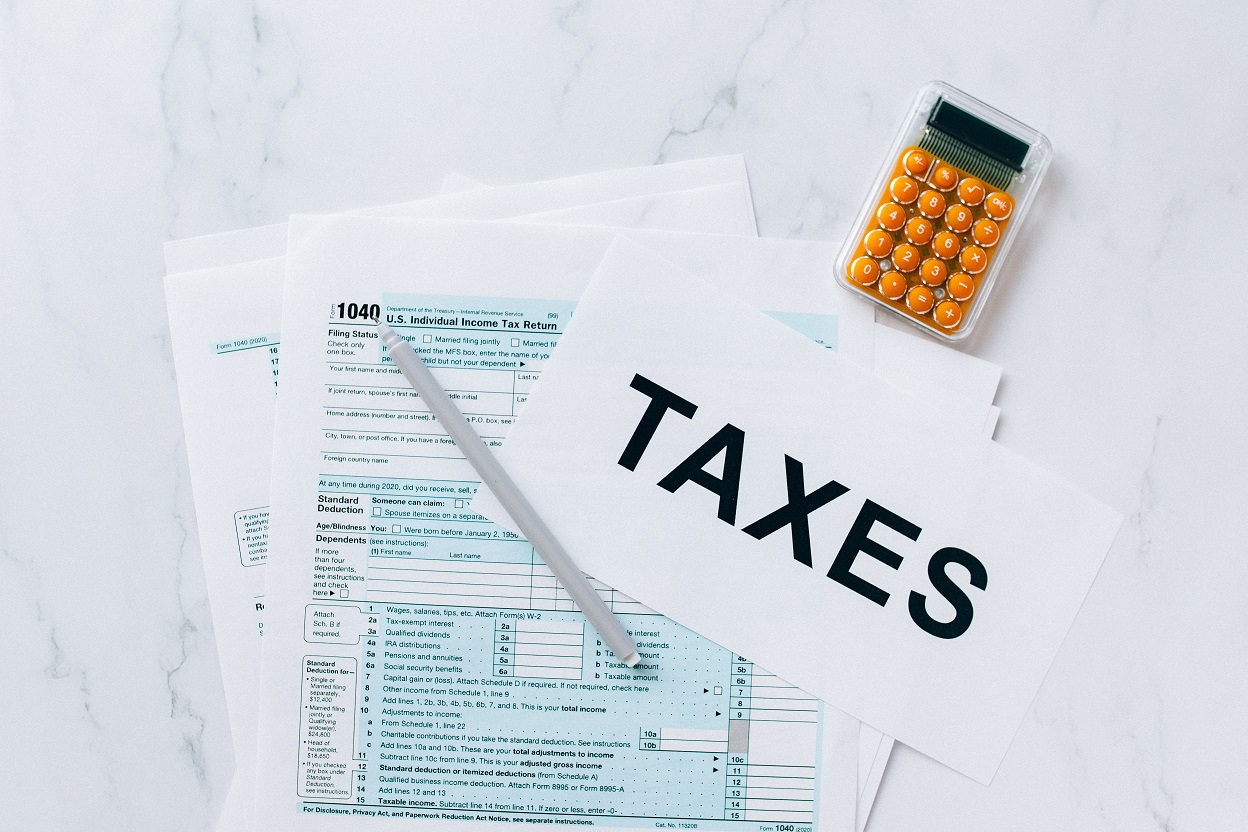Some things like services or property that count as fringe benefits do not always have a clear value attached to them like money paid out as wages.
Virginia Beach, VA – The government wants to track and tax various kinds of financial transactions, especially between businesses and their workers. This includes income that businesses pay, which are subject to federal and state income tax. However, other kinds of benefits aside from income can also have tax consequences as well, and these are normally referred to as fringe benefits. Lawyers can assist both business and employees with following all relevant tax regulations and any additional issues that may come up as the IRS requests more information.
What is a fringe benefit?
Fringe benefits are other kinds of pay or compensation in addition to a person’s normal salary and wages. This can include additional income and cash, as well as things like services or property given to the worker. Each specific type of benefit is classified by the IRS, and they have different tax categories. Some fringe benefits are classified as taxable, while other types of benefits are not. Virginia Beach tax lawyers and other tax professionals can help explain an item of concern and explain whether it counts as a fringe benefit or not for tax purposes.
Taxable fringe benefits
A taxable fringe benefit will generally get lumped into a person’s gross income for the year. Employers will likely include things like bonuses and other taxable fringe benefits as part of the person’s wages when they receive a W-2, 1099, or other such forms that list what the company has paid out to the person during the course of the year. This also means that taxable fringe benefits are subject to income tax and other withholding for things like social security. If the amount does not seem right or there are questions about this process, Virginia tax lawyers routinely provide advice to businesses and individuals about their income and filing status.

How are fringe benefits quantified into a dollar amount?
Some things like services or property that count as fringe benefits do not always have a clear value attached to them like money paid out as wages. The IRS uses the general valuation rule, which means any fringe benefit given is assigned a fair market value. However, coming up with a fair market value is not always exact, as this is essentially the amount that the average buyer would want to pay for the item or service. The value of a fringe benefit can also be affected by whether the worker had to contribute to the cost of the item. Because these calculations can be complex, workers or businesses who deal with extensive fringe benefits should always meet with tax lawyers and estate planning lawyers to assign proper values and complete related tax documents properly.
Advice from a local attorney is available
There are legal professionals who can provide advice about any of these matters. USAttorneys.com is a referral service that can connect anyone with a local lawyer at 800-672-3103.


Join the conversation!